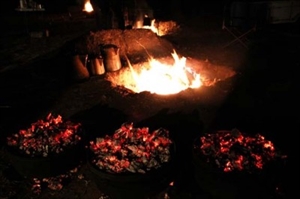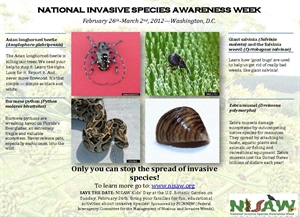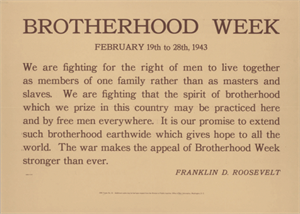Peace Corps Week on February, 2025: Questions about the peace corps?
Peace Corps Week 2025. Peace Corps Week Speaker Event Peace Corps Week Speaker Event
As an Amazon Associate I earn from qualifying purchases.
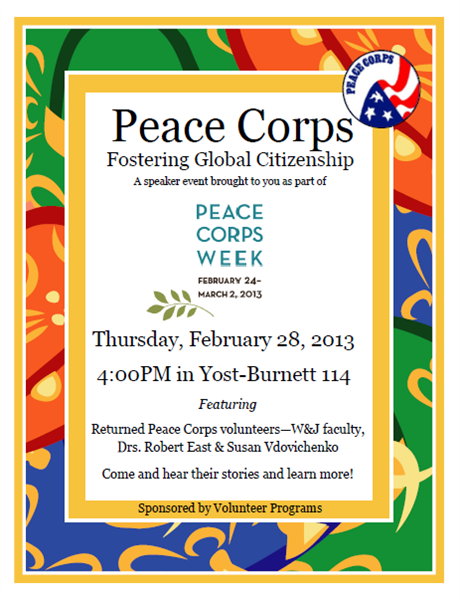
If those are your questions about Peace Corps, there are some serious red flags at issue, but yes, you will more than likely get time off. Everything depends.
Where I was, we had Sundays and Mondays off theoretically, but realistically, I worked eight days a week and others worked one or two. We created our jobs and set our own schedules.
There are, in all honesty, people who treat their entire service like an extended spring break. (Peace Corps obviously frowns on that.)
You do get vacation time to use as you wish, as Ted points out. Travel is always on your own dime, whether it's in your own country of service, if you go back to the US or anywhere else.
As to where I'd recommend, the first I'd say is your own country of service. Anything else would depend on where you were. I traveled, for example, to Portugal and Spain, which was easily accessible from Morocco. For a volunteer serving in Cambodia or Thailand, that's just not practical.
If by "where would u [sic] recommend going?" you meant a country in which to serve, you don't get much of a say so it doesn't matter. You are invited to serve where your skills fit. Peace Corps tries to accommodate preferences, but it's not like you can say, "I want to serve in Georgia or the Ukraine." If those countries do not need your skill set, you have zero chance of being invited.
Likewise, if you said "I only want to serve in Costa Rica," you're not going to be viewed as someone who wants to serve, just as someone who wants to travel, so you're not going to be invited anywhere. The point is to be willing to serve anywhere.
Peace Corps is a federal program. You are transported to your country of service and you are given either the ticket or the funds to return home when you leave. The US taxpayers pay for that. In my country of service, mandatory in-country travel was usually covered as well (for trainings, mandatory work in other sites, etc.). But anything personal is on your own.
A good book to read about Peace Corps is So You Want to Join the Peace Corps - What to Know Before You Go.
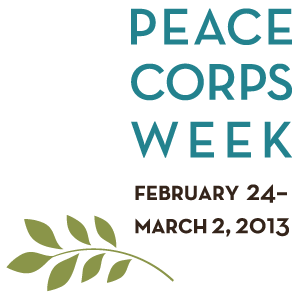
What is Peace Corps?
Peace Corps Volunteers teach school, teach health, give farm advice. They do things to make life better for developing countries.
It is as far from military as you can get and still work for the government.
Soldiers go where they are told, even if the country didn't invite them in. Peace Corps Volunteers get to choose their region. PCV's are always invited by the country they serve in. They don't carry guns. They learn to speak the language. They may be all by themselves; there may be one or two others in their village. Many of them live with host families.
The military will take just about any sane, physically fit high school graduate who walks in the door. The Peace Corps accepts one applicant out of four. 92% of PCVs have a college degree.
PCVs spend three months training and do two years of service. They can extend for another year or two if they want.
I have stories and pictures about my PCV service in Sarawak, 1971 - 1972 on my web site. I search Y!A for the words "Peace Corps" at least once a week. You can read my answers to the most frequent questions about the Peace Corps there too:
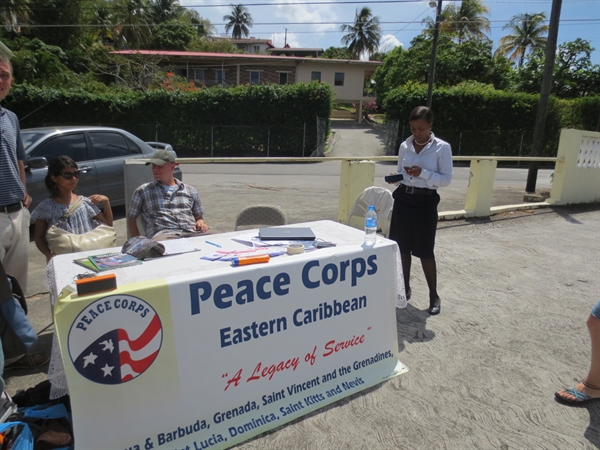
peace corps?
The official web site should tell you which majors are in demand. Civil Engineering is always a good one, if you can hack the math. Teaching and Nursing, too.
You can read about my time as a PCV in Sarawak, on the island of Borneo many years ago, and see my answers to some of the questions about the Peace Corps that come up here every couple of weeks, if you like:
My page "Peace Corps Links" has a link to the Returned PCV web ring, which has 40+ other RPCV sites.










